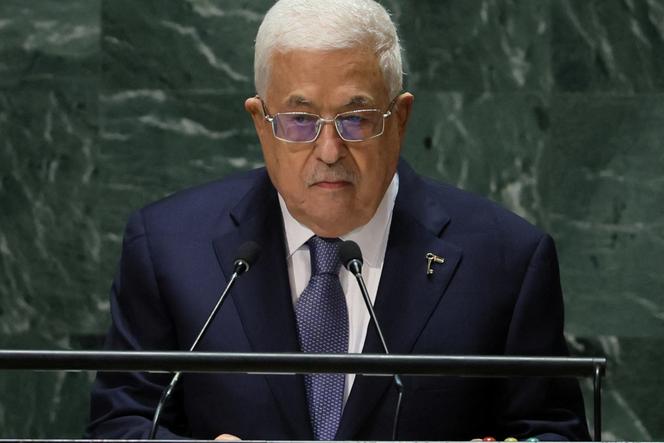


Who has paid any attention in recent days to the statements made by Palestine's only recognized representative on the international stage? Once again, Palestinian President Mahmoud Abbas employs familiar, hackneyed rhetoric, rendering his message as indistinct as it was during the 2021 conflict. Since the attack initiated by Hamas against Israel on October 7, approximately 1,200 Israelis and 900 Palestinians have lost their lives. Xavier Guignard, an expert on Palestine from the independent research center Noria, suggests that this has "put yet another nail in the coffin of the Palestinian Authority [PA]." "This underlines not only its lack of legitimacy, but also the fact that it is no longer relevant. Nobody expects anything from it anymore."
US Secretary of State Antony Blinken telephoned the Palestinian President on October 7, calling on him to "continue and enhance steps to restore calm and stability in the West Bank." The United States did not discuss peace or negotiations with the PA leader; they referred to his sole role: preserving the status quo and Israel's security. Palestinian security forces have been on high alert since Saturday. "The PA has cracked down on demonstrations in the West Bank, and tried to prevent gatherings near settlements, which could have led to clashes with the Israelis," said Tahani Mustafa, an analyst with the International Crisis Group think tank. "All this does is reinforce the image of the PA as a subcontractor of Israeli security rather than a defender of Palestinians' interests."
At the same time, the Israeli army locked down the West Bank, isolating towns from each other with checkpoints and roadblocks. Twenty Palestinians have been killed since Saturday in clashes across this territory occupied since 1967, and several spontaneous demonstrations took place in major cities on Tuesday evening. For the time being, however, the clashes remain localized. In addition, dozens of attacks on Palestinians by settlers were reported. There had already been a sharp increase in such incidents in recent months, encouraged by the formation of an Israeli government with the support of Jewish supremacist parties.
The PA, born of the Oslo Accords signed in 1993, has over the years become one of the symbols of the burial of the Palestinian cause on the international stage. Ramallah has been talking to itself about peace: Israelis and Palestinians haven't sat down together at a negotiating table since 2014. In the occupied Palestinian territories, for the most part controlled by Israel, the PA now exercises little more than limited authority over the West Bank. Jerusalem has been illegally annexed by the Israelis, and the Gaza Strip has been in the hands of Hamas since the near-civil war that followed its victory in the legislative elections of 2006.
You have 52.39% of this article left to read. The rest is for subscribers only.
